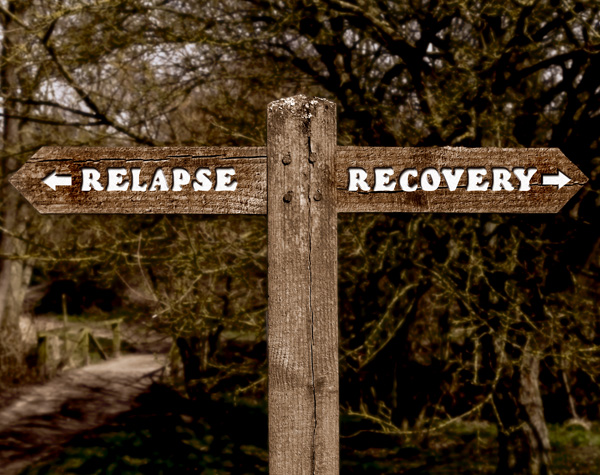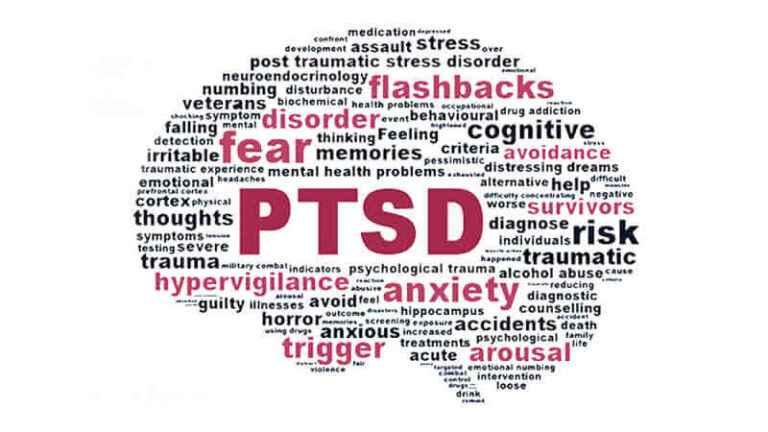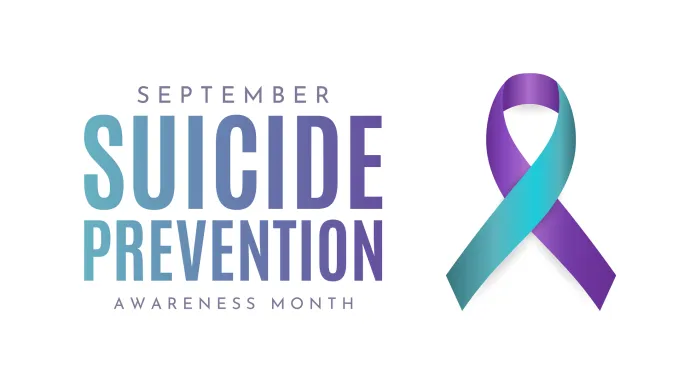5 Undeniable Relapse Prevention Techniques
The Tumultuous Recovery Journey
The road to recovering an addiction is sometimes very challenging. It requires resilience, determination and total devotion. Getting well does not happen in an instant. It is a journey with many highs and lows. Recovery is an on-going process and not a destination. A lot of thought out strategies need to be developed to avoid a relapse.
Avoiding A Relapse is Still Part of Recovery
A relapse is a dreadful course in the world of addiction. Research shows that over 50% of recovered drug and alcohol addicts go into relapse. However, abstaining from addiction takes time. It is a life-long commitment to remain in the path of wellness. Most importantly, relapse prevention is possible and attainable.

Prevention Techniques
There are a number of research-based techniques that can help prevent relapses.
1. Identify High-Risk Situations
High-risk situations are triggers that are likely to cause a relapse. It is impossible to avoid high-risk situations. Therefore, the best alternative plan is to identify warning signs early and then develop coping strategies.
2. Developing Healthy Habits
Old destructive habits must be replaced with new ones during and after recovery. In case you are exposed to triggers and have an urge to go back to old ways, a good hobby can help you find your balance and remain on the recovery path.
While addiction is a compulsive desire to indulge in action, some addictions develop because of the continued allowance of bad habits.
Therefore, replacing bad old habits with new productive habits helps you progress in your recovery journey.
Developing a new habit is a four-step process.
- Cue – The brain stimulant that initiates new behavior. In this case, it is the inclination to fall back on an addiction
- Craving – The motivation behind your predisposition. Your need to become better.
- Response -The actual habit.
- Reward – It satisfies the craving. Realizing your potential. Achieving health and wellness
3. Increasing Self-Efficacy
Another significant aspect of your recovery journey is learning productive ways to subdue anxiety, stress and depression. For a recovering addict, one impediment blocking the path to victory is self-doubt. You must believe in your ability to defeat addiction. It is possible to avoid a relapse. You can become independent from your addiction. Every finished stage of your recovery journey is an empowerment against addiction. Even hurdles become easier to navigate with every success.
4. Developing Coping Skills
Aside from new habits, you need practical day-to-day strategies that can help you stay in the course. You need a strong support system. Your loved ones, acquittances, or former addicts who are way ahead in the journey of recovery can walk with you. Mindful practices such as meditation and mind relaxation techniques can help you manage hostile thoughts or addiction urges. Positively reframe your thinking keeps you from giving in to the dark side.
5. Psychoeducation
Education is the best way to instill self-awareness. Educating yourself on your addiction is also a great technique for reinforcing recovery. Basically, knowledge is power. It helps you make informed recovery decisions. Therefore, read books, journals and documentaries that have information concerning your addiction. Understanding the recovery process helps you appreciate your progress. Psychoeducation is not just for you but also for your loved ones. They also need to understand your condition to help you in your recovery journey.
6. Exercise Diligence in Your Recovery Journey
Addiction is a life paralyzing problem that interferes with all aspects of your life. A passive fight against addiction leads to a relapse. You must be fully committed throughout the recovery path. Do not let your guard down. Celebrate your milestones, get additional help for your low moments, but most of all keep going.






